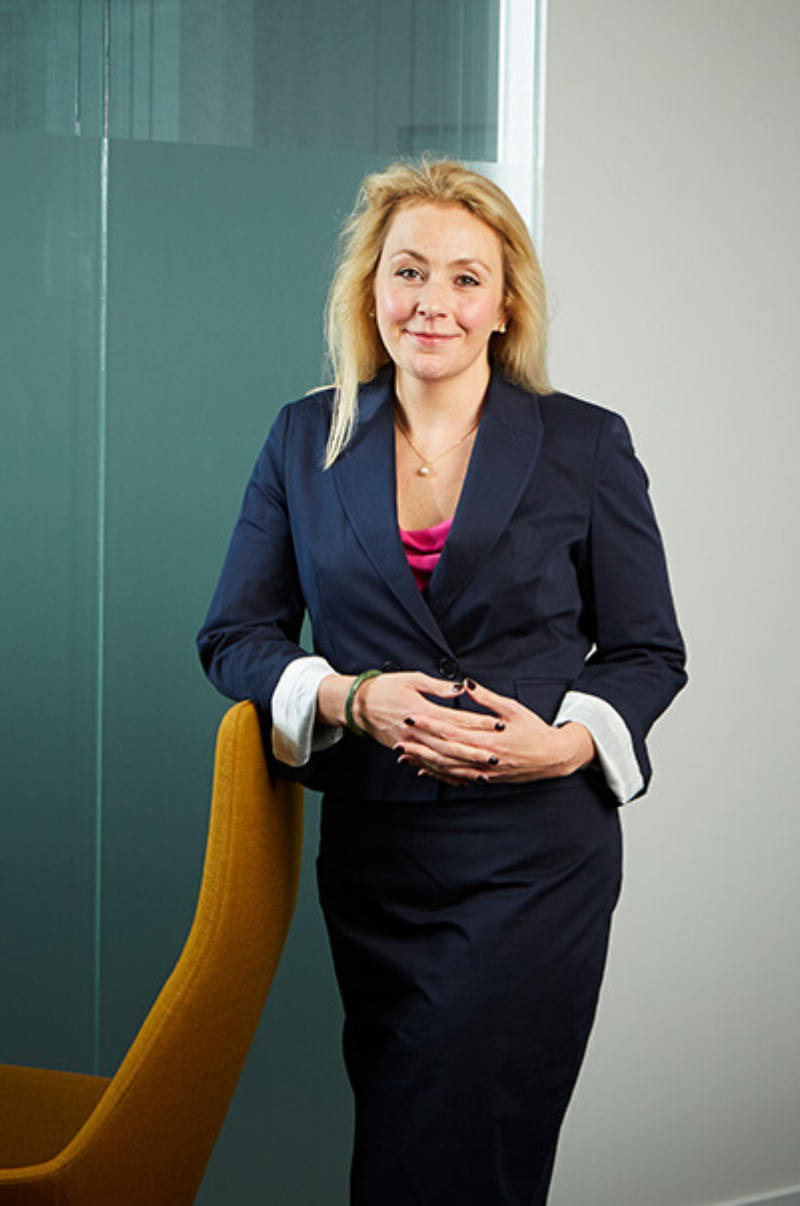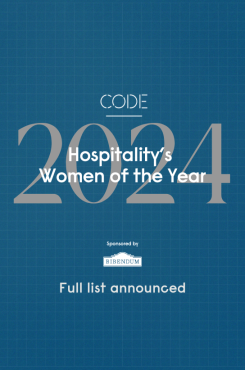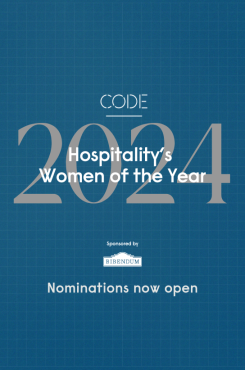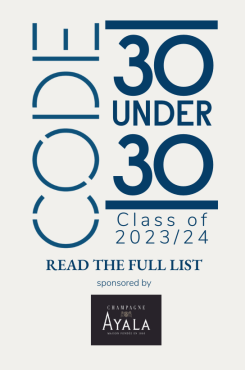Advice for emerging talent in the hospitality industry
Published 1 December 2019

Gillian White, head of the M&A team at Howard Kennedy, has some food for thought in aligning your business purpose with your investment options
Whatever your concept, business or role we have all become involved in hospitality for different reasons. CODE’s Happiness in Hospitality 2019 report highlighted some of the key drivers for people in our sector and also illustrated the growing recognition that workplace culture positively impacts productivity, service and quality of products. However, it would be impossible to say that those looking to build their own brand and business are not also wanting to benefit financially from their efforts.
The restaurant sector is in a very different place from the ‘the race for space’ and the 7-10x valuation ratios of 2014/2015. If you are looking for eye-watering investment valuations and multi-million exits you will need to be thinking very differently from the traditional casual dining replicate, build and scale model. And investors know this too. For the big big money it might look like the restaurant industry has become all about tech. And what if you are not setting out to set the restaurant world alight with tech innovation? There is clearly still space for brands who focus on the restaurant ‘experience’, who align with changing consumer behaviours and interests whose purpose resonates with their target market.
It’s very easy to get dazzled by big valuations on investment rounds and what your talent, brand and effort might be worth in the future. But our job as legal advisors is to be the voice of reason and when you are thinking about raising money, when someone speaks to you about expansion, there are lots of questions to be asking. It’s impossible to list them all here but, from our experience, here are a few to get the mental cogs moving:
• To quote Simon Sinek – “Start with Why?” If you are looking at growing your business, rather than first thinking how much money do we need. Ask what do I want to achieve with my business?
• Then ask what type of investment or access to capital will help you achieve those ambitions? Who does that investor look like? Who is going to be with you for your business and brand journey?
• Do you just need money? What else do you need from your investor? Expertise; networks; gravitas?
• What are your investors’ motivations? And how does that align with what you want to achieve?
How will your investors’ financial ambitions align with your brand purpose? Do they expect financial return ahead of all else? What happens if that would require you to go against your stated business purpose?
A friends, family (and potentially fans) round is good, right? Well yes they are often an obvious source of funding, but consider what challenges they also bring. Less than sophisticated investors, a large shareholder base, people who are too close. If you do go down that route be clear with them what the journey looks like – and the terms you agree ultimately need to work for your business purpose.
Regardless of the type of investor, it is good to know what they will expect. You have the idea, the passion, the talent, but investment relationships can be made and broken if you don’t appreciate your investor’s perspective and don’t anticipate what they will expect. The investor is risking their capital on you and your business, they are going to want to know:
• That you have a good team who understand their roles.
• That you and your business is fully on top of their budgets.
• That your team ‘get’ the importance of the ‘detail’. A team that understands that lack of attention is what undermines reputations; business purpose and brands. What is your supply chain? How do you engage with your workforce? Who owns your IP?
• That you have considered what the future looks like. That you know what is ‘out there’ when it comes to tech… and the opportunities and challenges that presents. You need to show that you have considered the options available and if they are not for you (and that is ok) you need to be able to articulate why.
• That you are building in the impact of food delivery models and dark kitchens (whether you see them as a threat or a valuable income source) on your people, premises and bottom line.
• That it is clear what your brand stands for.
• An understanding that product, process and service innovation will be key not just to survival but to spotting opportunities and competing in adjacent markets. How does your culture bring that front and centre?

If these questions have made you think and you are not sure where to start then Howard Kennedy can help. We ask the right questions, give straightforward advice and help ambitious clients get where they want to be.
Gillian White is head of the M&A team at Howard Kennedy and acts for entrepreneurial clients, and investors looking to acquire or invest in entrepreneurial businesses.
Howard Kennedy is a London-based, full-service law firm, specialising in providing straightforward advice to entrepreneurial businesses and individuals on domestic and international matters







